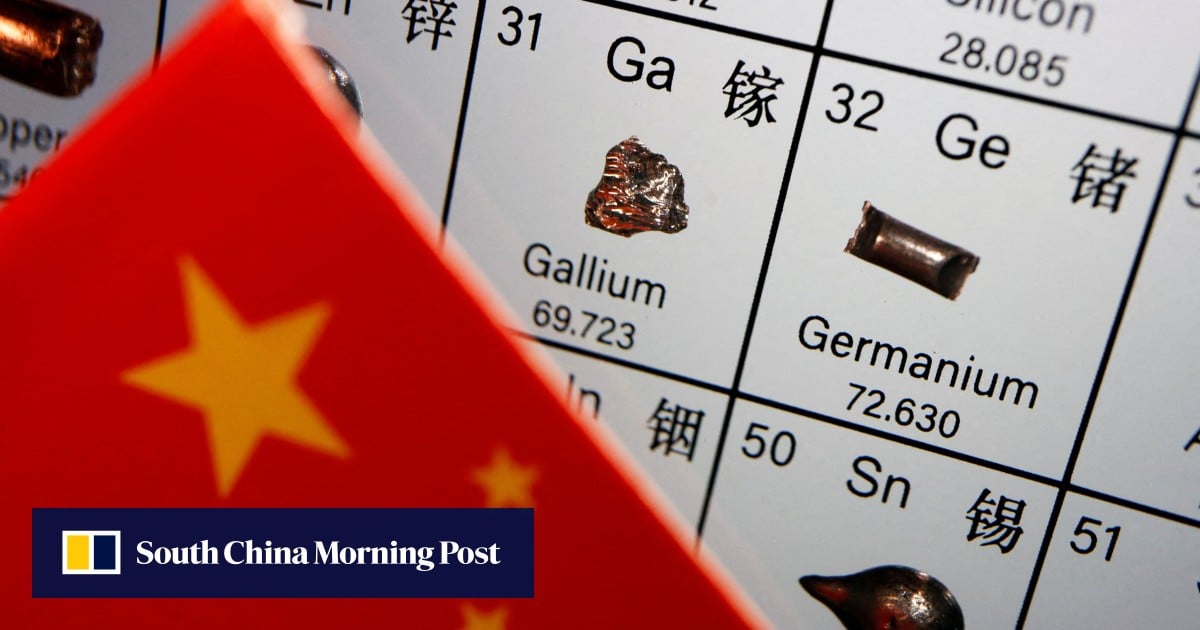“Strategic critical minerals have become an important engine for speeding up the building of a modern industrial system and promoting high-quality economic development, which is directly related to national security,” it said.
The post comes months after China ordered export restrictions on gallium and germanium, important metals used in semiconductor manufacturing, and several of their compounds, in retaliation against Western sanctions on its chip industry.
From August, exporters of these elements in China need to apply for permission from the Ministry of Commerce, with information about the end users and how the materials would be used.
The post went online a day before China’s export controls on graphite, a material used in electric vehicle batteries, took effect.
Exporters of nine highly sensitive graphite products in China need to apply for permits from December, according to a joint notice from the Commerce Ministry and the General Administration of Customs in October.
The items on the list are three types of high-purity, high-strength and high-density artificial graphite and its products, as well as six types of natural flake graphite and related products.
“We have stressed multiple times that it is common international practice to impose export controls on specific graphite items,” Commerce Ministry spokeswoman Shu Jueting said on Thursday.
Shu said China made the decision after “extensive consultation with the relevant enterprises and industries” and “a comprehensive assessment” of the control measures, which had “balanced development and security”.
“[The export controls] do not target any specific country or region. Exports that comply with the regulations would be permitted,” she said.
Shu added the ministry had received applications from enterprises for the export of gallium and germanium-related items and had approved some of them in compliance with regulations, but it had received no applications for the graphite items so far.
China tightens controls over rare earth exports, imports of key commodities
China tightens controls over rare earth exports, imports of key commodities
The security ministry post pointed out that critical minerals had become a new arena of competition among global powers, triggering a rise in resource protectionism and geopolitical tug of war.
The scarcity of critical mineral resources and the monopoly enjoyed by a small number of countries were behind the global scramble, it said.
“Faced with the suppression from some Western countries … [China has] implemented a holistic concept of national security in recent years, and regards guarding national security in critical mineral resources as an important task,” it said.
Officials had been strictly combating espionage in relation to mineral resources and safeguarding China’s overseas critical mineral cooperation projects, the top spy agency said.
“[The national security organs] guarantee that China’s mineral-related enterprises can safely ‘go global’ and secure the supply chains for the country’s critical mineral resources.”
The WeChat account of the Ministry of State Security, which was launched in August, regularly posts content related to national security amid escalating geopolitical tensions between China and the United States.







